Global Experts Sound Alarm on Ultra-Processed Foods, Demand Urgent Policy Action
A groundbreaking three-paper series published in The Lancet has revealed a stark reality: ultra-processed foods (UPFs) are rapidly becoming a global dietary staple, driving a surge in chronic health problems worldwide. Experts warn that the alarming trend demands immediate, coordinated policy action to counter corporate influence and shift food systems toward healthier options.
According to the research, which spanned over a decade, UPF intake has skyrocketed globally, replacing fresh and minimally processed meals in many parts of the world. The evidence links rising UPF consumption to poorer diet quality and higher risks of multiple chronic diseases, including heart disease, diabetes, and obesity. The study's authors emphasize that the current science is clear: bold policy action is necessary to address the growing health crisis.
The Lancet series, published on November 24, 2025, highlights the urgent need for governments, health organizations, and the food industry to work together to promote healthier food systems. The research team, comprising experts from over 20 countries, calls for a comprehensive approach that includes taxation, labeling, and education to reduce UPF consumption and promote whole, nutrient-dense foods.
The global surge in UPFs is not a new phenomenon, but its rapid acceleration has caught experts off guard. In the past decade, UPF sales have increased by over 30% in many countries, outpacing the growth of fresh and minimally processed foods. This trend is particularly concerning in low- and middle-income countries, where UPFs are often cheaper and more widely available than healthier options.
The Lancet series has sparked an immediate response from health organizations and governments worldwide. The World Health Organization (WHO) has issued a statement expressing concern about the growing health risks associated with UPF consumption and urging countries to take action to protect public health. The European Union has announced plans to introduce stricter labeling regulations for UPFs, while the United States is considering similar measures.
As the global community grapples with the implications of the research, experts stress that time is of the essence. "The window for action is rapidly closing," says Dr. Maria Rodriguez, lead author of the series. "We need governments, industry, and civil society to come together to create a healthier food environment that prioritizes the well-being of people and the planet."
The Lancet series serves as a wake-up call for policymakers, health professionals, and consumers worldwide. As the global community works to address the growing health crisis, one thing is clear: the future of food systems hangs in the balance.
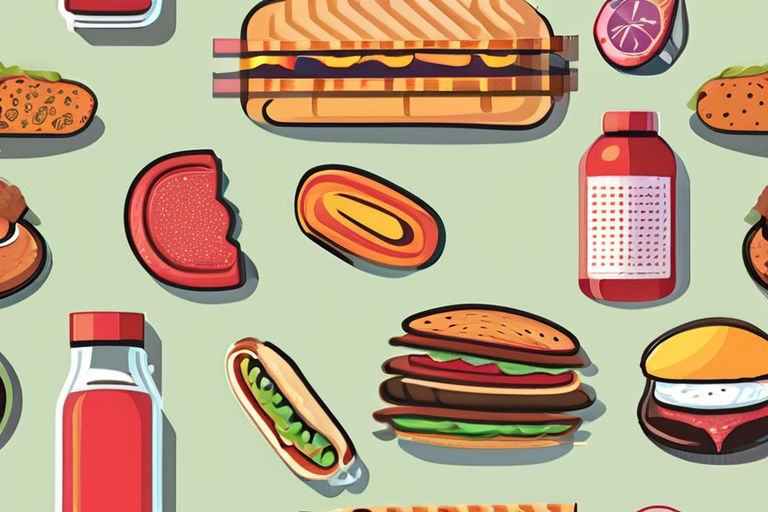


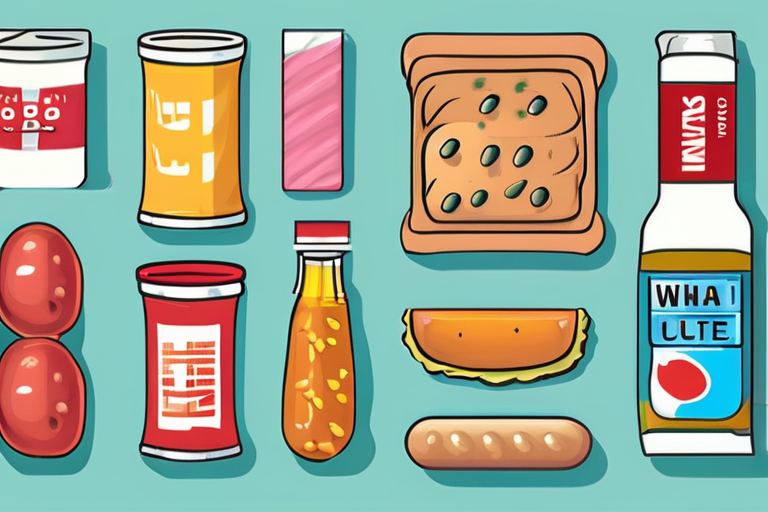
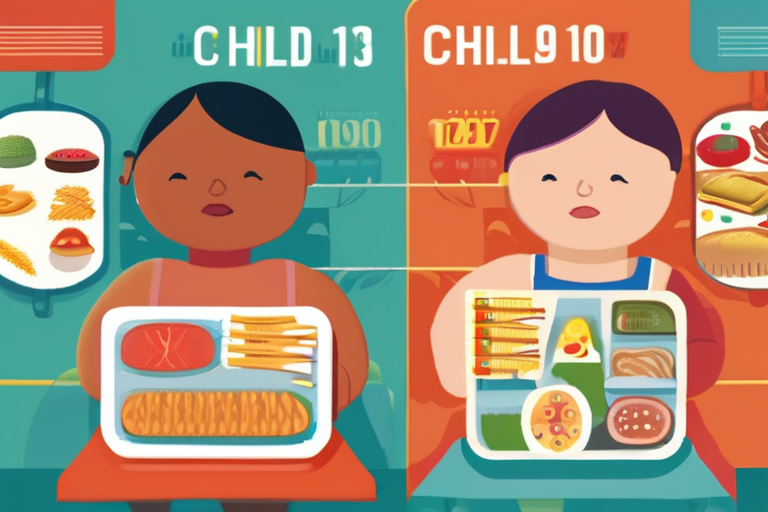
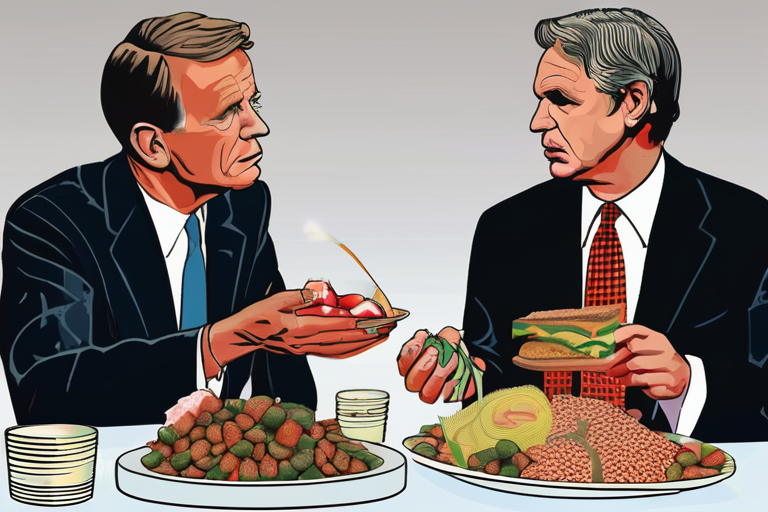




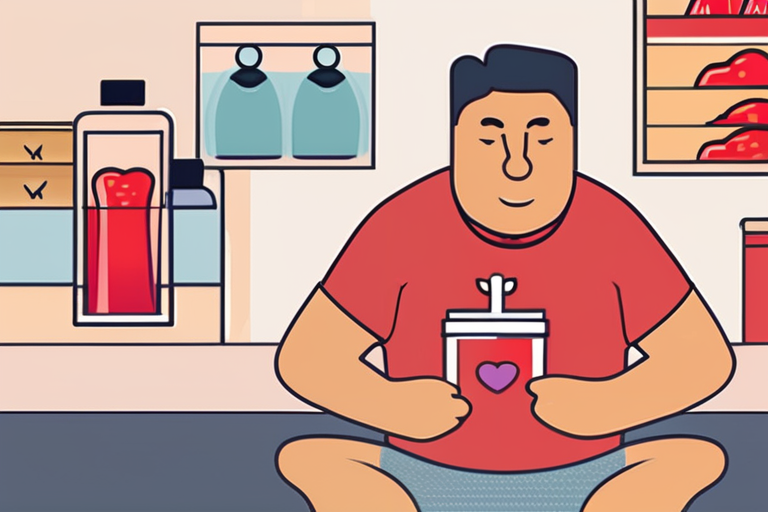


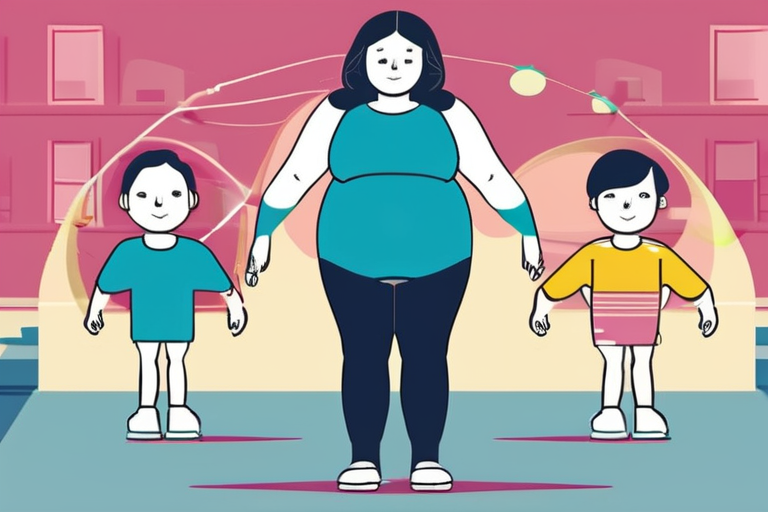
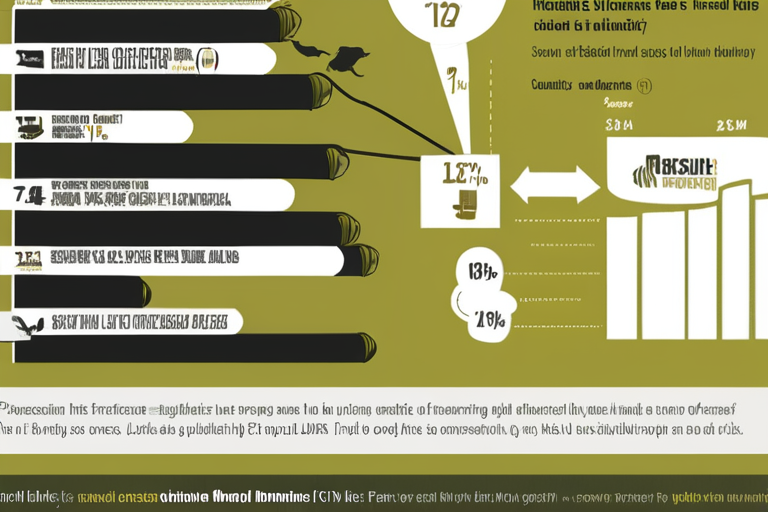

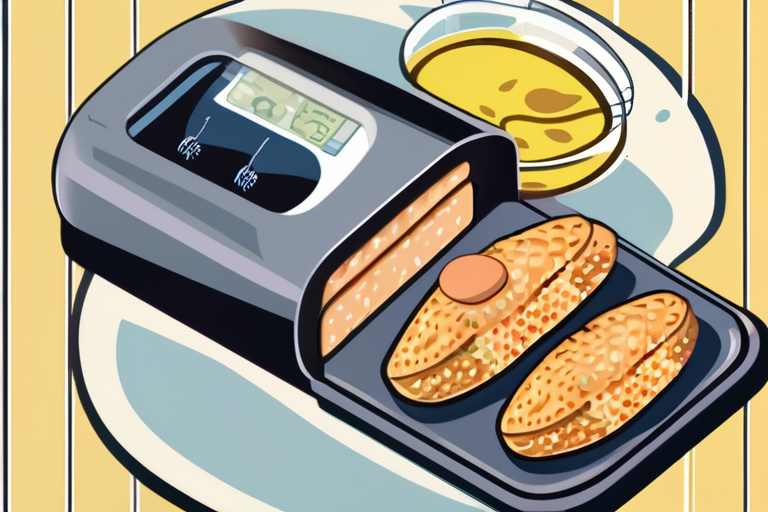

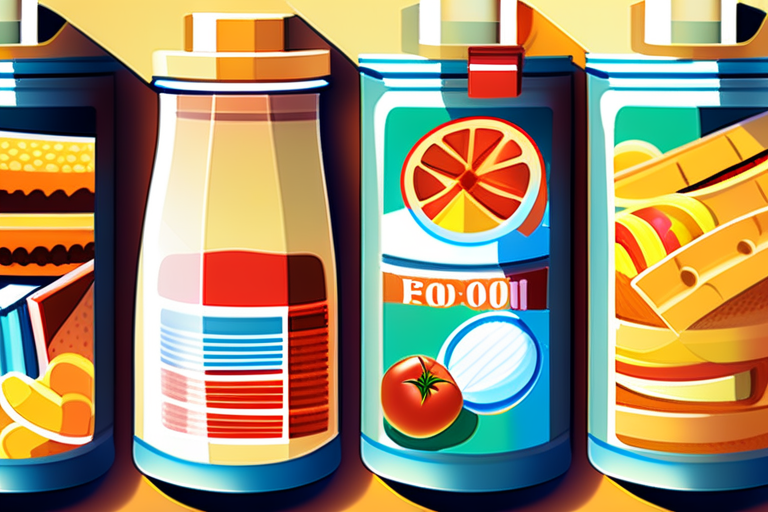




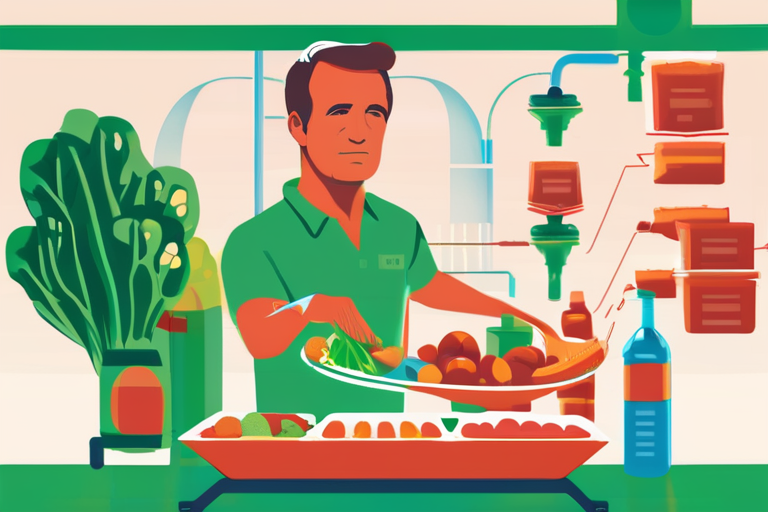

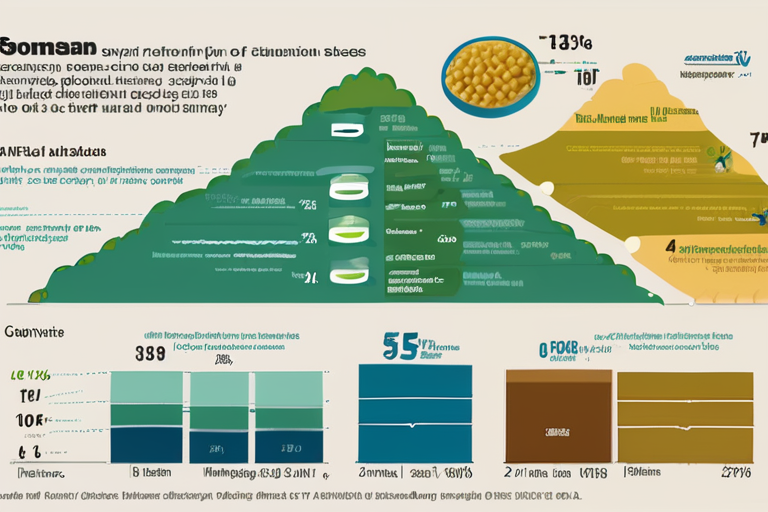
Share & Engage Share
Share this article